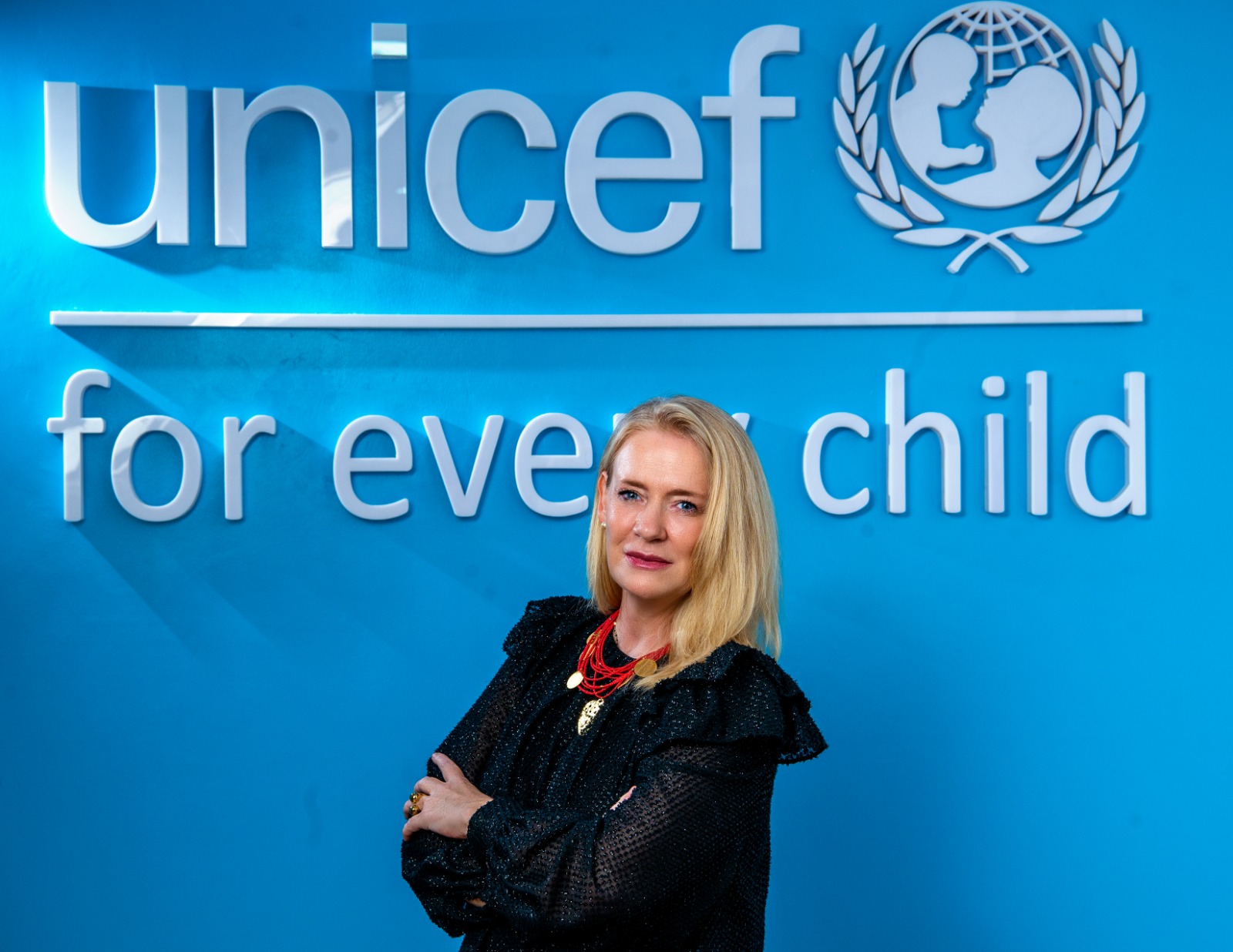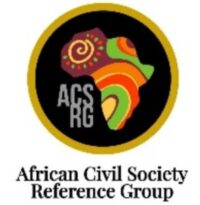FGM: A harmful violation of girls’ rights-UNICEF
Violation By Segun Giwa/Millicent Ifeanyichukwu The United Nations Children’s Fund (UNICEF) says Female Genital Mutilation (FGM) is a harmful violation of girls’ and women’s rights. The Chief of UNICEF, Lagos Field Office, Celine Lafoucriere said this at a two-day Media Dialogue to Support Advocacy to End FGM in Nigeria onContinue Reading













